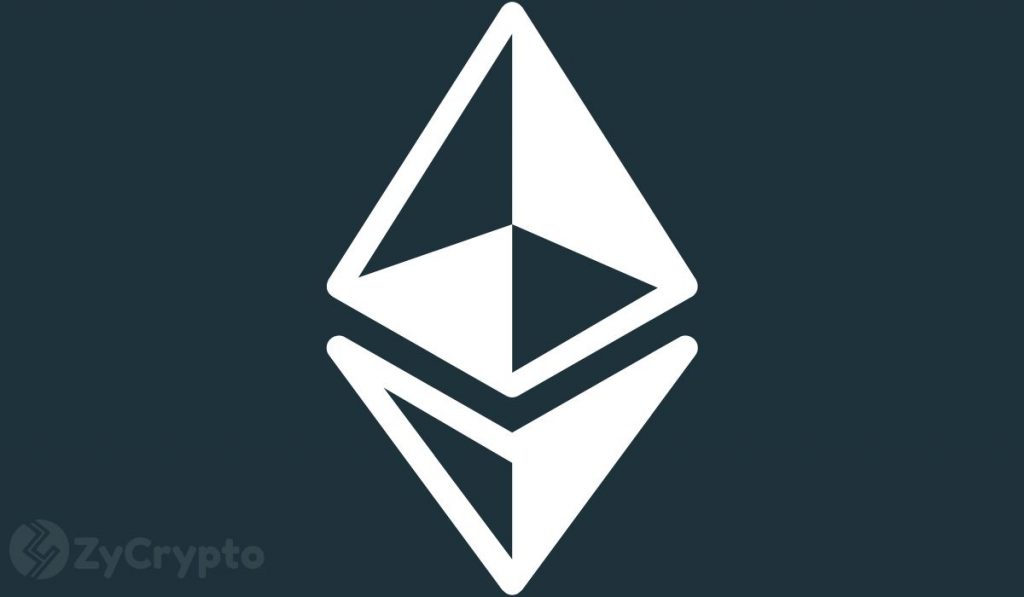Ethereum is about to go through its biggest change since its inception in 2015. Just like Bitcoin, Ethereum uses a mechanism known as Proof of Work (PoW) to validate its blocks. In this system, miners compete with each other using powerful computers to solve a cryptographic puzzle. The winner gets the chance to validate the following block and take home a weighty reward. The one who has the most powerful computer will have an advantage. This makes PoW an energy-intensive system that can potentially compel environmental issues.
During the last couple of years, there have been discussions among the Ethereum community about changing their consensus algorithm from PoW to Proof of Stake (PoS). This model is used by several new blockchains such as Cardano, Solana, and Avalanche.
In PoS, there is no need for power-intensive hardware. In order to validate blocks, interested parties can lock a certain amount of coins in a smart contract. If they validate a dishonest block, they may lose those coins. In December 2020, the process to implement PoS in Ethereum officially started. The next step, and arguably the most important one, is called “The Merge”. At this point, ETH will not be mineable anymore and PoS will be the only way to validate blocks.
According to Mark Cuban, there are 2 key points that make “The Merge” extremely bullish. On one hand, the environmental impact of the Ethereum network will drop dramatically. As powerful hardware is no longer needed, Ethereum’s carbon footprint will become almost neutral. This will make the environmental argument against NFTs, ETH, and Web 3 irrelevant. With that out of the way, institutions will have a much easier way of adopting this technology.
On the other hand, after the merge, Ether’s issuance will drop by around 90%. This is a historical change for Ethereum. A 90% drop in emissions is equivalent to 3 Bitcoin halvings. With the EIP-1559 introduced mid-last year, Ethereum is burning a large part of the gas fees paid by users to utilize the network. If you add to that the 90% reduction on ETH issuance, you will get a deflationary asset.
 
 
The transition from PoW to PoS will bring immense changes to the network and will solve some of Ethereum’s biggest problems. The biggest decentralized and censorship-resistant computer on earth will now be eco-friendly and its native token will be deflationary. While the date is coming closer and closer, the merge doesn’t seem to be priced in yet.


